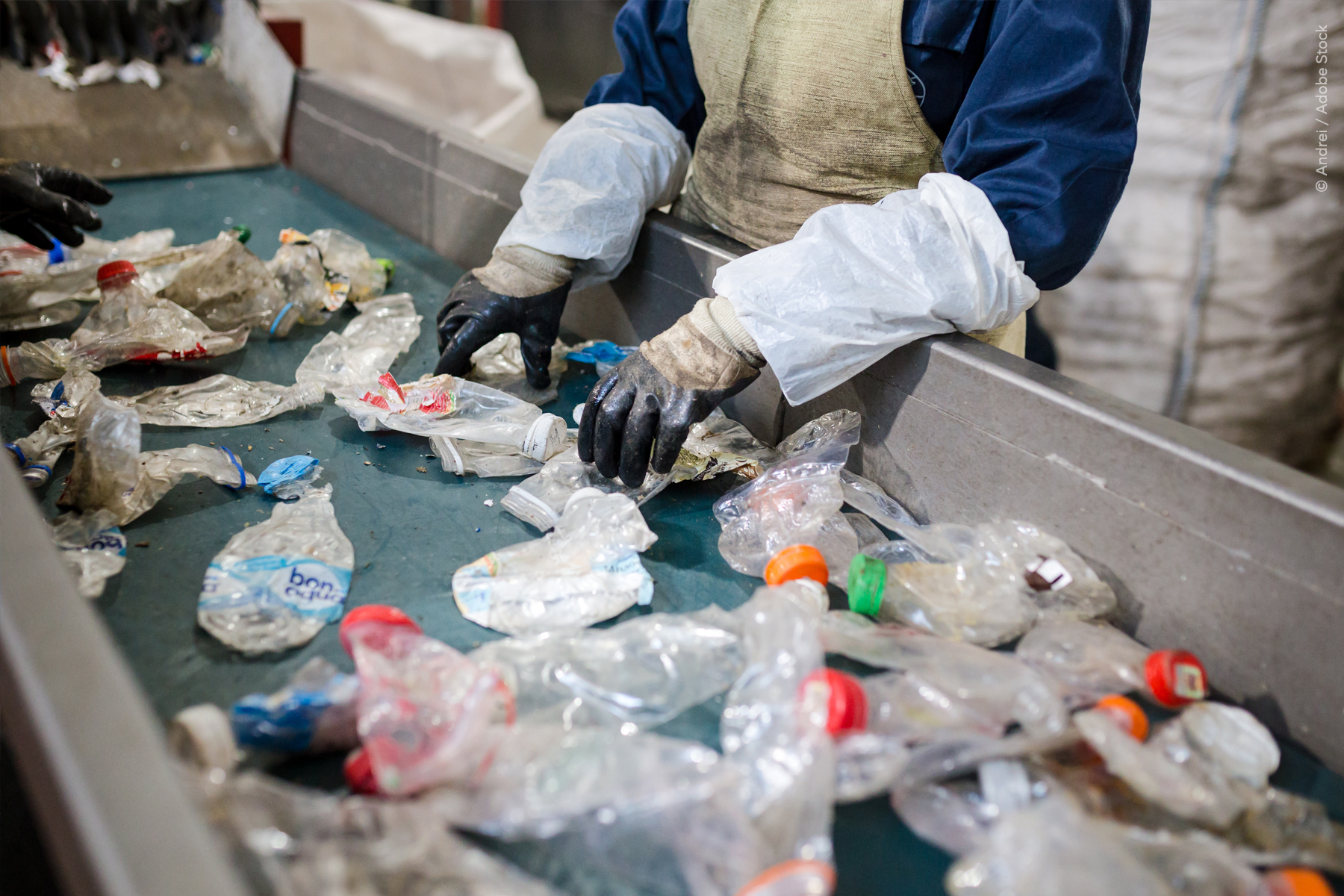The European Parliament took a significant step in combating pollution and waste by approving, in April 2024, the proposal for a new regulation aimed at making packaging more sustainable and reducing packaging waste in the European Union. This regulation, which still requires formal approval by the Council, seeks to address the ongoing increase in waste, harmonize internal market standards, and promote the circular economy.
The proposal was approved by 476 votes in favor, 129 against, and 24 abstentions, underscoring strong support for this initiative to protect the environment and reduce packaging’s impact on society.

Key Measures of the Regulation
At a time when sustainability has become a global priority, the European Union takes a decisive step with this new regulation, marking a milestone in the fight against the environmental impact of packaging. This regulatory framework not only aims to mitigate the negative effects on the environment but also seeks to drive the transition towards a more sustainable and efficient circular economy.
Among the most notable points of the new regulation are:
- Ambitious Reduction Targets:
The proposal sets progressive targets to reduce the volume of packaging in the EU. Specifically, a reduction of 5% has been set for 2030, increasing to 10% by 2035 and 15% by 2040. These goals are a direct response to the growing volume of packaging waste, particularly plastics, which has significantly increased in recent decades. The implementation of these goals will require collaboration from all member states and the adoption of more sustainable practices by businesses.
- Limiting Empty Space in Packaging:
To address the issue of excessive packaging materials, the proposal imposes a maximum limit of 50% empty space allowed in grouped packaging, transportation, and e-commerce. This measure not only seeks to reduce material waste but also to optimize the use of space in transportation, which can have additional benefits in terms of reducing CO2 emissions associated with the transportation of goods.
- Ban on Single-Use Plastics:
One of the most significant aspects of this proposal is the ban, effective from January 1, 2030, on certain types of single-use plastic packaging. This ban includes packaging for unprocessed fresh fruits and vegetables, packaging used in the sale and consumption of food and beverages in cafes and restaurants, as well as miniature packaging for toiletries (such as those offered in hotels) and extremely light plastic bags (less than 15 microns). This measure focuses on reducing the amount of single-use plastic that ends up in landfills or as environmental pollutants.
- Restrictions on Hazardous Chemicals:
The proposal also establishes a ban on the use of perfluoroalkyl and polyfluoroalkyl substances (PFAS), known as “forever chemicals” due to their persistence in the environment and their potential negative impact on human health. These compounds will be prohibited in food contact packaging above certain specific thresholds, marking an important step in protecting public health in the EU.
- Promotion of Reuse:
In addition to reduction and prohibition measures, the proposal also promotes the reuse of packaging. Reuse targets have been set for 2030, affecting packaging for alcoholic and non-alcoholic beverages (with some exceptions such as milk and wine), as well as transport and grouped packaging. Under certain conditions, member states may grant a five-year exemption from these requirements, allowing some flexibility in the implementation of the new standards.
- Consumer Options:
Final distributors of beverages and take-away food will be required to offer consumers the option to bring their own reusable packaging. This measure not only seeks to reduce the use of plastics but also to foster a culture of reuse among consumers, which is essential to achieving a truly circular economy.
At Cuchillas Castillo, we understand the importance of advancing towards a circular economy, and we are proud to be part of a sector that is key to this process. As manufacturers of high-quality blades for the recycling of industrial products, we are directly committed to sustainability and resource efficiency. This new regulation proposed by the European Union reinforces our mission to offer solutions that not only meet the highest quality standards but also contribute to a more sustainable future.

